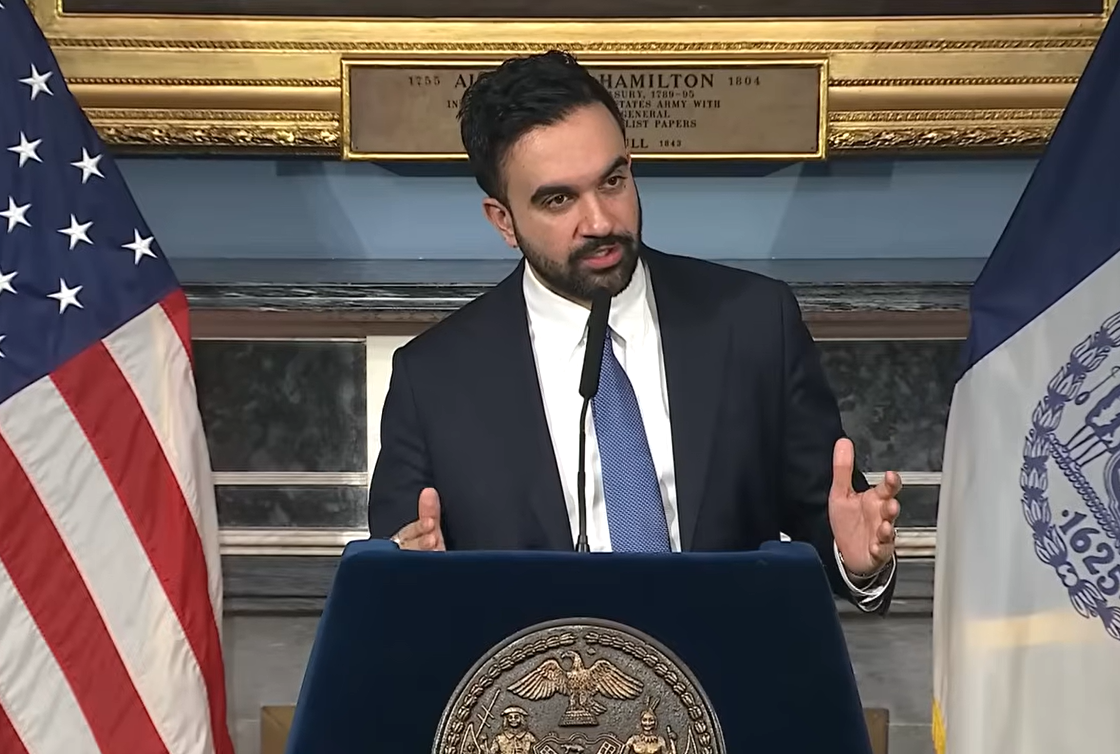Good news: The IRS has announced that the federal estate tax exemption, which is indexed annually for inflation, is being bumped up from $5.45 million for decedents dying in 2016 to $5.49 million in 2017 (Rev. Proc. 2016-55, 2016-45 IRB, 10/25/2016). Because the exemption is available to each individual and portable between estates of spouses, a couple will be able to shield a total of $10.98 million from estate tax. This gives affluent families an extra $80,000 “to play with” next year.
As a result, many clients will be able to escape the clutches of the federal estate, with plenty of room to spare. But state death taxes are often a greater concern to middle-to-upper income taxpayers. More good news: A total of at least nine states are revising their laws in 2017 to increase tax relief.
The state legislative changes in store for next year are as follows:
- Dating back to the near the start of the century, New Jersey hasn’t changed its estate tax exemption from the rock-bottom figure of $675,000. Now a new law will increase the exemption to $2 million in 2017 before repealing it completely in 2018. But a state inheritance for non-lineal heirs will remain.
- Several other states are gradually boosting estate tax exemptions. In Maryland, the exemption is increasing from $2 million in 2016 to $3 million in 2017 and then again to $4 million in 2018. Similarly, it goes from $1.6 million to $1.8 million to $2 million in Minnesota. For New Yorkers, the current exemption of $4,817,500 jumps to $5.25 million effective April 1, 2017, before aligning with the federal estate tax exemption on January 1, 2019.
- Rhode Island, with a current exemption of $1.5 million, and Washington, currently set at $2.079 million, are scheduled to to index their exemption amounts for inflation in 2017. Those figures haven’t been announced yet.
- A handful of steps remain in lockstep with the federal government. Delaware, Hawaii and Maine will provide an exemption of $5.49 million in 2017, up from $5.45 million in 2016.
- Finally, Washington D.C. will raise its $1 million exemption to $2 million before matching the federal exemption amount, but only if it generates a surplus of tax revenue. So far, it doesn’t appear likely to happen next year.
Based on these changes, clients may want to revisit their wills, especially if they include provisions based on the estate tax exemption for the state where they reside. For example, a typical formula used in wills of New Jersey residents reflects the estate tax exemption for amounts transferred to children. Under the new state law, a child may be in line to receive a higher amount under such a formula, thereby effectively reducing the bequest to a spouse. Revisions may be required to offset other quirks in state laws around the country.
Contact your clients immediately if they could be affected by changes on either the federal or state levels. You may want to coordinate revisions with an attorney specializing in estate planning.
Thanks for reading CPA Practice Advisor!
Subscribe Already registered? Log In
Need more information? Read the FAQs




